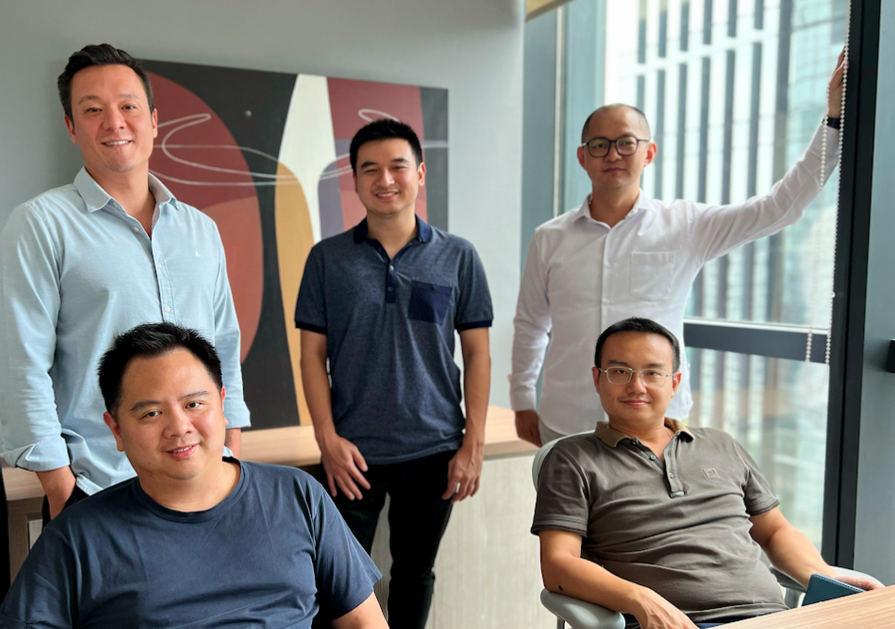AsiaTechDaily – Asia's Leading Tech and Startup Media Platform

Binance Charity to offer free blockchain courses for rural communities
Binance Charity, the philanthropic arm of Binance, the world’s leading cryptocurrency and blockchain infrastructure provider, has partnered with Women in Tech to provide blockchain educational courses to women from vulnerable communities.
The courses will be offered to 2,800 women in Brazil and Africa with the aim of empowering women with the knowledge and skills to thrive in a Web3 future.
Binance Charity is donating $250,000 BUSD for a six month pilot project to empower women with the knowledge and skills to thrive in a Web3 future, with the first courses taking place in Rio De Janeiro, Brazil, and Cape Town, South Africa, in October, this year.
The size of the global blockchain market is expected to grow from $4.93 billion in 2021 to more than $200 billion by 2028. Yet, for the past four decades the gender gap in tech has widened, with only one woman in every five people working in the industry today.
Providing professional training to the massive career opportunities set to open within the blockchain industry for women is a shared goal of Binance and Women in Tech® an international non-profit organization with a mission to close the gender gap across the tech sector.
“Binance believes the future of crypto should be built by all, not the few so we’re creating certified courses and removing financial barriers for women, especially those from vulnerable communities, to study and train. It is important to us at Binance and Women-in-Tech that quality blockchain education, innovation, and research opportunities are within everyone’s reach,” said Helen Hai, VP of Binance and Head of Binance Charity.
The Brazil pilot programme will take place in Morro dos Prazeres, Rio de Janeiro, for one of the first cohorts of 50 women, over the course of the following five months another 300 women will be signed up to the program countrywide.
The South Africa pilot will take place in Cape Town at the Philippi Village Tech Hub in the Philipp Township for an additional 50 women. Over the duration of the six months further programmes will be rolled out across Zambia, Nigeria, Senegal, Morocco, Burundi, Kenya, Ghana, Ivory Coast.





